Estimates show the rate of PTSD up to 15 times higher in the military population.
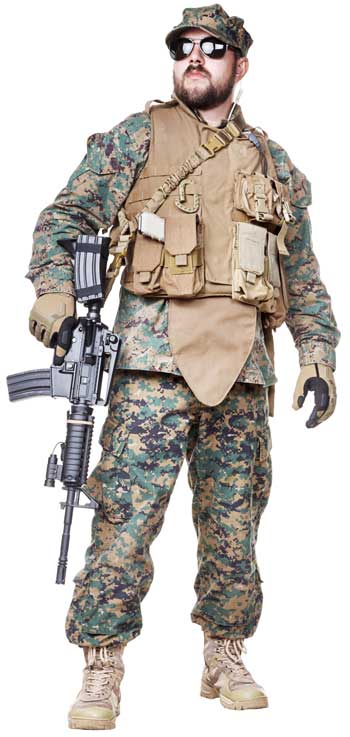 The rate of Post-Traumatic Stress Disorder (PTSD) may be up to 15 times higher in the military population than it is in the general population, which likely explains in part the prevalence of substance use disorder in the military. Consequently, when people see or hear the term PTSD, they likely think of veterans. Research suggests that those diagnosed with PTSD are three times more prone to abusing drugs and/or alcohol.
The rate of Post-Traumatic Stress Disorder (PTSD) may be up to 15 times higher in the military population than it is in the general population, which likely explains in part the prevalence of substance use disorder in the military. Consequently, when people see or hear the term PTSD, they likely think of veterans. Research suggests that those diagnosed with PTSD are three times more prone to abusing drugs and/or alcohol.
Zero tolerance drug policies and random drug testing help curtail the use of illicit drugs among active duty military personnel, but rates of prescription drug abuse are similar to those of the general population. Veterans, on the other hand, suffer from rates of substance use disorder higher than the general population. The number of veterans addicted to opioids has doubled since 2002 and the U.S. Veteran’s Administration treated more than a half-million veterans for drug-related problems in 2017. With researchers believing that veterans die from opioid overdose at a rate twice that of the civilian population, Reuters reported in 2017 that “Opioid drug abuse has killed more Americans that the Iraq, Afghanistan and Vietnam wars combined.”
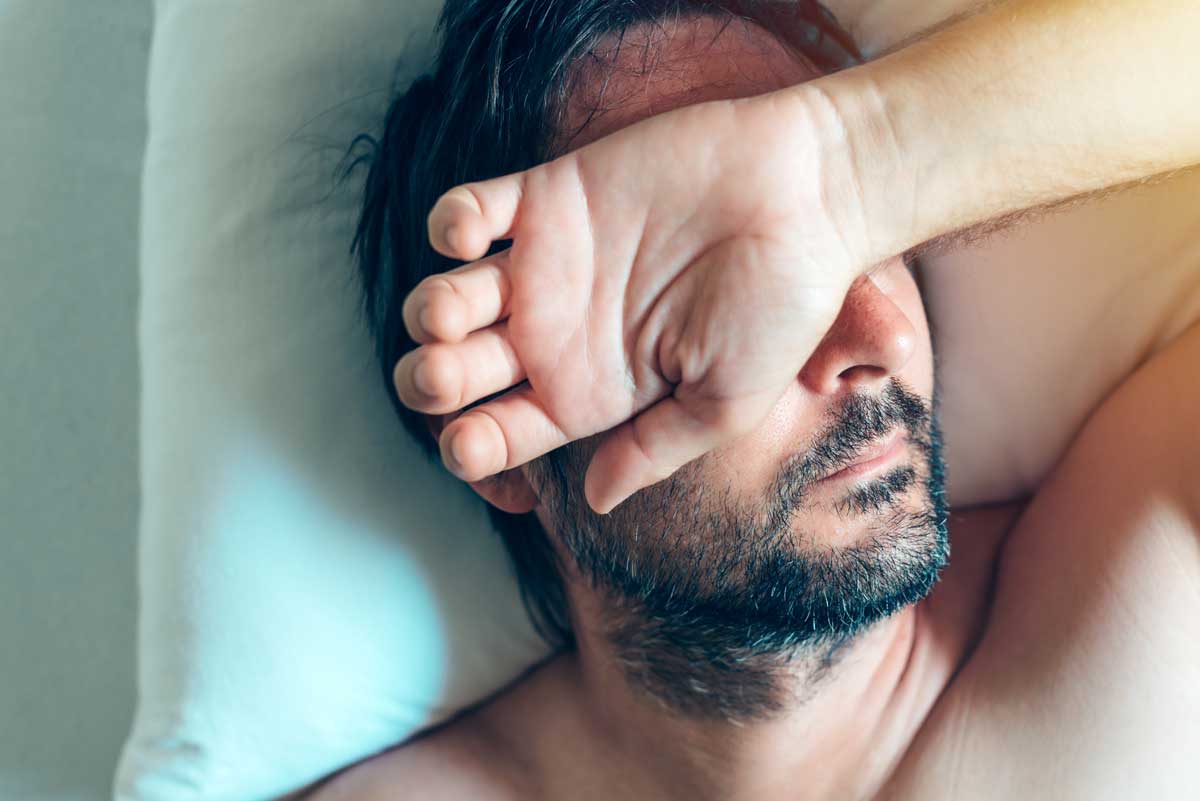
Alcohol Abuse Also a Problem
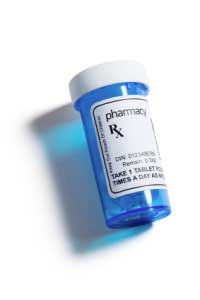 While the nation’s opioid crisis is having a clear impact on veterans, the military still considers alcohol use disorder as the most prevalent substance use disorder in military personnel. Veterans have higher rates of drinking behaviors than the civilian population and 65 percent of veterans who enter treatment report alcohol as the most frequently misused substance, a rate double that of the general population.
While the nation’s opioid crisis is having a clear impact on veterans, the military still considers alcohol use disorder as the most prevalent substance use disorder in military personnel. Veterans have higher rates of drinking behaviors than the civilian population and 65 percent of veterans who enter treatment report alcohol as the most frequently misused substance, a rate double that of the general population.
 PTSD Sufferers Turn to Drugs and Alcohol for Relief
PTSD Sufferers Turn to Drugs and Alcohol for Relief
Studies suggest that about 15 percent of veterans suffer from PTSD and that about 30 percent of military personnel has suffered from PTSD at some point in their lives. Many of those afflicted turn to drugs and alcohol as a means of self-medicating the condition and almost 50 percent of those struggling with PTSD also have symptoms relating to substance use disorder.
The use of drugs and/or alcohol to self-medicate PTSD can easily lead to a vicious cycle, as the substance abuse builds up more problems. Any PTSD relief gained from the drug or alcohol use is temporary and requires its continued usage, as well as the need to increase dosages over time. Additionally, withdrawal from drugs and alcohol mimics many of the symptoms of PTSD, such as sleep disturbances, irritability, lack of concentration, feelings of detachment, and depression. This encourages the returned use of the abused substance in a reinforcing action, which isn’t curing the PTSD, but definitely enhancing the addiction.
With PTSD and addiction so closely intertwined, Gulf Breeze Recovery offers a segment called “traumacare” in their drug and alcohol treatment program devoted to helping those suffering with PTSD and trauma.
If you or someone you care about, has an ongoing history of alcohol or substance use and/or relapse, contact Gulf Breeze Recovery or call: 833.551.2356 to speak to an addiction expert to learn more about their residential program, out-patient program, and intensive out-patient program, and which of these can best fit your individual needs. These programs have helped many people overcome their addiction and embrace their new happy, healthy, substance-free lifestyle.
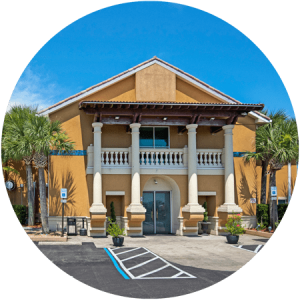
About Gulf Breeze Recovery:
Gulf Breeze Recovery, unlike other treatment centers in Florida, is a non 12 step holistic drug and alcohol rehab that is changing the future of addiction treatment with their THRIVE® (Total Health Recovery) program focused on overcoming chronic relapse.
Gulf Breeze Recovery’s THRIVE® program is a non 12-step approach designed for those who are looking for a drug and alcohol treatment program to produce a different and positive result.
This non-12 step program allows you to drive beyond your addictions and promotes a new outlook on life.
We are licensed by the Florida Department of Children and Families, and our last audit scored 99.7! Also, we are gold certified by the Joint Commission.
Want to read more about Gulf Breeze Recovery’s non 12 step, holistic drug and alcohol rehab? Check out some of our latest posts:
Researchers Identify Role of Key Brain Signaling Protein in Alcohol Use Disorder
January 29, 2021
College Students Who Returned Home Due to Pandemic Drinking Less
January 29, 2021
Overdose Deaths Soar in the Midst of a Pandemic
January 27, 2021
Alcoholism Today in Seniors and Younger Generations
January 20, 2021
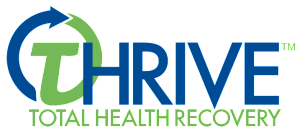
End Chronic Relapse and Start a New Life!
At Gulf Breeze Recovery we don’t want you to have just a great recovery, we want you to have a great life!
Contact Us, or Call: 833.551.2356
Estimates show the rate of PTSD up to 15 times higher in the military population.
 The rate of Post-Traumatic Stress Disorder (PTSD) may be up to 15 times higher in the military population than it is in the general population, which likely explains in part the prevalence of substance use disorder in the military. Consequently, when people see or hear the term PTSD, they likely think of veterans. Research suggests that those diagnosed with PTSD are three times more prone to abusing drugs and/or alcohol.
The rate of Post-Traumatic Stress Disorder (PTSD) may be up to 15 times higher in the military population than it is in the general population, which likely explains in part the prevalence of substance use disorder in the military. Consequently, when people see or hear the term PTSD, they likely think of veterans. Research suggests that those diagnosed with PTSD are three times more prone to abusing drugs and/or alcohol.
Zero tolerance drug policies and random drug testing help curtail the use of illicit drugs among active duty military personnel, but rates of prescription drug abuse are similar to those of the general population. Veterans, on the other hand, suffer from rates of substance use disorder higher than the general population. The number of veterans addicted to opioids has doubled since 2002 and the U.S. Veteran’s Administration treated more than a half-million veterans for drug-related problems in 2017. With researchers believing that veterans die from opioid overdose at a rate twice that of the civilian population, Reuters reported in 2017 that “Opioid drug abuse has killed more Americans that the Iraq, Afghanistan and Vietnam wars combined.”

Alcohol Abuse Also a Problem
 While the nation’s opioid crisis is having a clear impact on veterans, the military still considers alcohol use disorder as the most prevalent substance use disorder in military personnel. Veterans have higher rates of drinking behaviors than the civilian population and 65 percent of veterans who enter treatment report alcohol as the most frequently misused substance, a rate double that of the general population.
While the nation’s opioid crisis is having a clear impact on veterans, the military still considers alcohol use disorder as the most prevalent substance use disorder in military personnel. Veterans have higher rates of drinking behaviors than the civilian population and 65 percent of veterans who enter treatment report alcohol as the most frequently misused substance, a rate double that of the general population.
 PTSD Sufferers Turn to Drugs and Alcohol for Relief
PTSD Sufferers Turn to Drugs and Alcohol for Relief
Studies suggest that about 15 percent of veterans suffer from PTSD and that about 30 percent of military personnel has suffered from PTSD at some point in their lives. Many of those afflicted turn to drugs and alcohol as a means of self-medicating the condition and almost 50 percent of those struggling with PTSD also have symptoms relating to substance use disorder.
The use of drugs and/or alcohol to self-medicate PTSD can easily lead to a vicious cycle, as the substance abuse builds up more problems. Any PTSD relief gained from the drug or alcohol use is temporary and requires its continued usage, as well as the need to increase dosages over time. Additionally, withdrawal from drugs and alcohol mimics many of the symptoms of PTSD, such as sleep disturbances, irritability, lack of concentration, feelings of detachment, and depression. This encourages the returned use of the abused substance in a reinforcing action, which isn’t curing the PTSD, but definitely enhancing the addiction.
With PTSD and addiction so closely intertwined, Gulf Breeze Recovery offers a segment called “traumacare” in their drug and alcohol treatment program devoted to helping those suffering with PTSD and trauma.
If you or someone you care about, has an ongoing history of alcohol or substance use and/or relapse, contact Gulf Breeze Recovery or call: 833.551.2356 to speak to an addiction expert to learn more about their residential program, out-patient program, and intensive out-patient program, and which of these can best fit your individual needs. These programs have helped many people overcome their addiction and embrace their new happy, healthy, substance-free lifestyle.

About Gulf Breeze Recovery:
Gulf Breeze Recovery, unlike other treatment centers in Florida, is a non 12 step holistic drug and alcohol rehab that is changing the future of addiction treatment with their THRIVE® (Total Health Recovery) program focused on overcoming chronic relapse.
Gulf Breeze Recovery’s THRIVE® program is a non 12-step approach designed for those who are looking for a drug and alcohol treatment program to produce a different and positive result.
This non-12 step program allows you to drive beyond your addictions and promotes a new outlook on life.
We are licensed by the Florida Department of Children and Families, and our last audit scored 99.7! Also, we are gold certified by the Joint Commission.
Want to read more about Gulf Breeze Recovery’s non 12 step, holistic drug and alcohol rehab? Check out some of our latest posts:
Researchers Identify Role of Key Brain Signaling Protein in Alcohol Use Disorder
January 29, 2021
College Students Who Returned Home Due to Pandemic Drinking Less
January 29, 2021
Overdose Deaths Soar in the Midst of a Pandemic
January 27, 2021
Alcoholism Today in Seniors and Younger Generations
January 20, 2021

End Chronic Relapse and Start a New Life!
At Gulf Breeze Recovery we don’t want you to have just a great recovery, we want you to have a great life!







